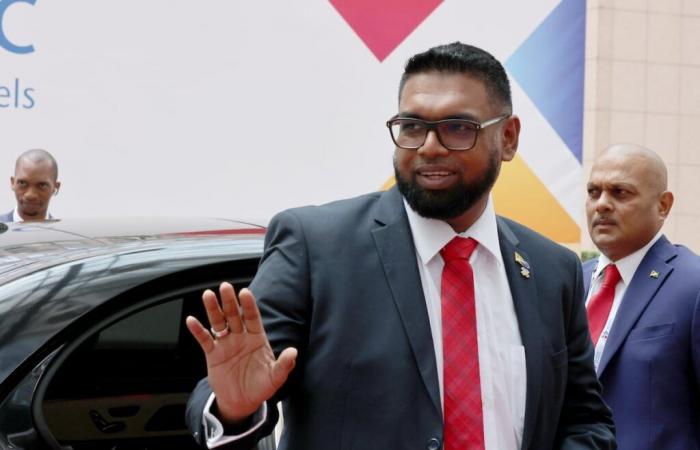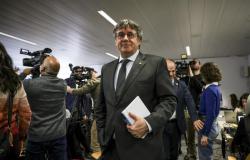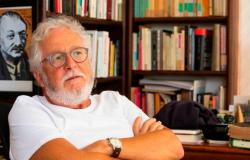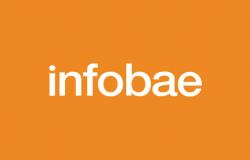
The International Court of Justice (CIJ) has issued a precautionary measure in which it orders Venezuela to refrain from preparing and making elections in the Esequibo. The United Nations Court, where Guyana brought in 2018 the conflict over that territory in dispute, acts at the request of the English -speaking country in the face of the imminence of the regional and parliamentary elections of May 25, in which Venezuela plans to choose representatives of the executive and legislative powers for that territory that both countries are disputed.
“Pending a final decision on the case, the Bolivarian Republic of Venezuela will refrain from holding elections or preparing elections in the territory in dispute, which the Cooperative Republic of Guyana currently manages and on which it exercises control,” says the decision of the ICJ released by Guyanés President Irfaan Ali, who has celebrated the decision.
From Venezuela there has been no response to this decision. This is the second time that the ICJ dictates precautionary measures to stop the movements made by the Venezuelan government over the Esequibo, a jungle area of 160,000 square kilometers. On December 1, 2023, the Court ordered Venezuela to refrain from taking any action that modifies the current situation in the territory in dispute. The situation was interpreted as the prelude to a regional crisis that moved Brazil and the Caricom, the community of the Caribbean countries, to an emergency mediation among the presidents with a meeting in San Vicente and Granadinas that same year.
Even so, Chavismo made an advisory referendum on the subject – of which the official results table by table have not been published – with which President Nicolás Maduro decided to go further. Issued a law to modify the official map of the country including the territory in dispute and create state number 24, called Guayana Esquiba. He appointed authorities, although these have dispatched from the Mining People of Tumeremo, in southeast Venezuela, a few kilometers from the border limit. In addition, the same law punishes with political disqualification to those who “have adopted behaviors that directly or indirectly favor or support Guyana’s position” regarding Venezuela’s claims.
With the announcement of the regional elections, last March, Guyana again requested the CIJ provisional measures to prevent Venezuela from celebrating elections in the disputed territory. The campaign has begun this week, although it is not clear what is the electoral record that will be used for this vote or where the votes will be issued. There are four candidates registered to be governor of the Guayana Esquiba. Admiral Neil Villamizar, who is the authority designated by Maduro and the PSUV candidate, the internationalist Julio Cesar Pineda, the sociologist Héctor Milano and the lawyer Alexis Duarte, who goes by the UNT-UNICA coalition led by Manuel Rosales and Henrique Capriles, who have separated from the unitary opposition platform, aligned with María Corina Machado.
There are also candidates for the seven positions of the Legislative Council. The base of members of Parliament even increased to host the representation of those who are chosen by the territory whose sovereignty claims Venezuela, although it is Guyana who has occupied it. The preparation for the elections that will occur in a couple of weeks has elapsed with hermeticism from the National Electoral Council.
To the tensions with Guyana, the mobilization has been added in early March of a Venezuelan military ship by waters to delimit in which more than a decade ago the country began the oil exploration that has led to the installation of several crude oil exploitation platforms. Caracas has made claims to Georgetown and has accused the neighboring country of being part of an alleged compound of the Exxon Mobile oil company, with which Chavismo has a history of enmity, so that Donald Trump’s administration hardens the oil sanctions to Venezuela and revoked Chevron the license to continue operating with PDVSA. For his part, President Irfaan Ali has strengthened his defense cooperation with the United States.





